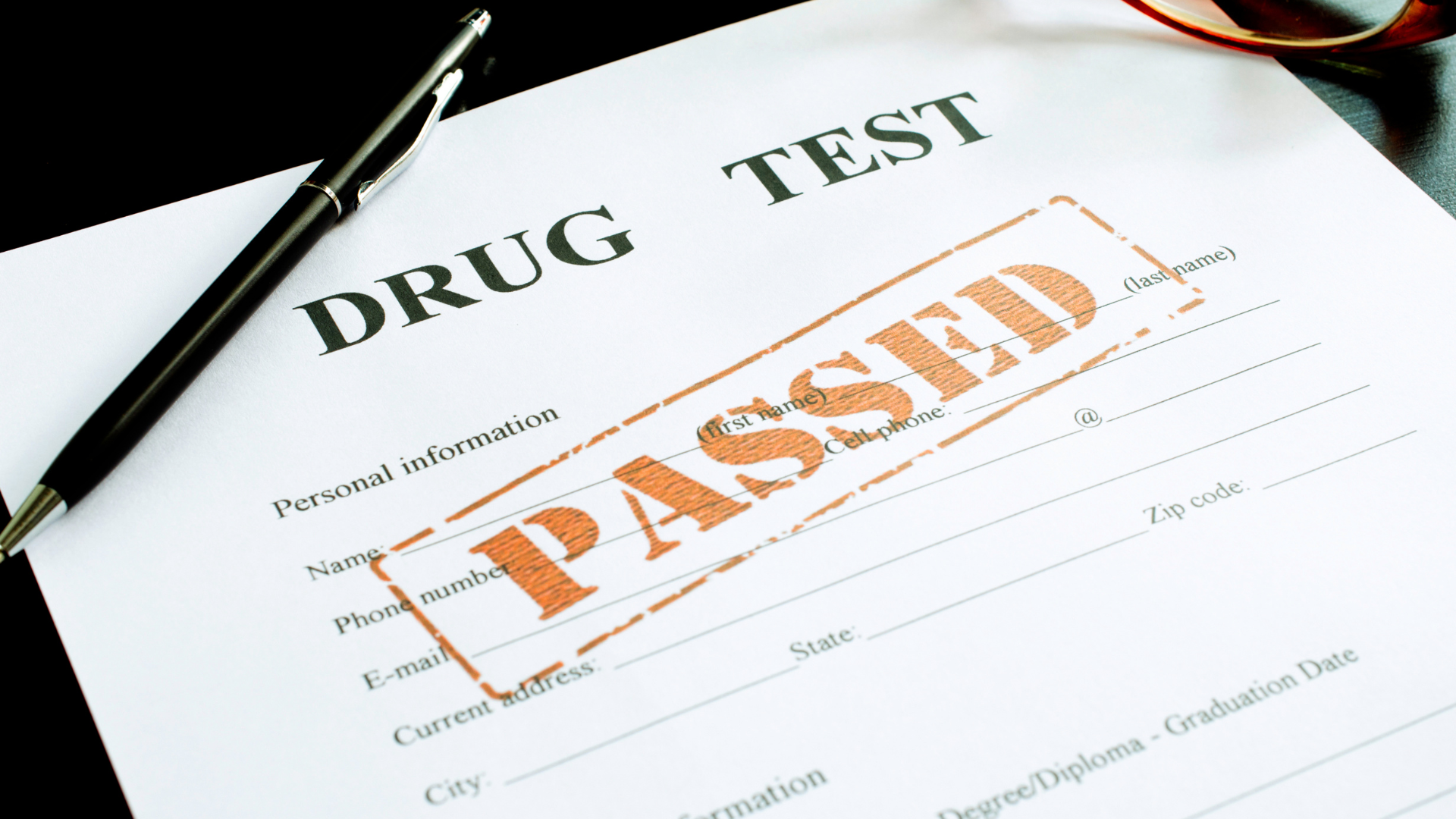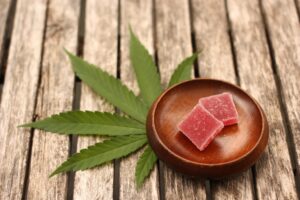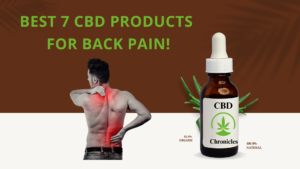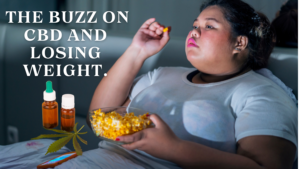Cannabidiol, commonly known as CBD, has gained significant popularity in recent years for its potential therapeutic benefits. As more individuals integrate CBD products into their wellness routines, questions about its interaction with drug tests have emerged. One of the most common queries is whether CBD can lead to a positive result on a drug test. In this article, we delve into the intricacies of CBD and drug testing, addressing common concerns and providing a comprehensive understanding of the topic.
Click Here For Testing and Pricing
Understanding CBD and Drug Tests
CBD vs. THC: The Crucial Difference CBD and tetrahydrocannabinol (THC) are two of the most well-known compounds found in the cannabis plant. However, they have vastly different effects and interactions with drug tests.
THC is the psychoactive compound responsible for the “high” associated with marijuana use. Most drug tests, especially those used in workplace settings, are designed to detect THC and its metabolites in the body. On the other hand, CBD is non-psychoactive and does not produce a euphoric sensation. It’s important to note that high-quality CBD products contain only trace amounts of THC, typically less than 0.3% as mandated by law.
Types of CBD Products and Their THC Content CBD products come in various forms, such as oils, edibles, topicals, and capsules. Full-spectrum CBD products contain a range of compounds found in the cannabis plant, including trace amounts of THC. Broad-spectrum CBD products, on the other hand, contain multiple cannabinoids except for THC. Lastly, CBD isolate is the purest form of CBD, devoid of all other compounds.
CBD and Drug Testing: Will It Show Up?

Factors Influencing CBD’s Presence in Drug Tests
- Product Composition: The type of CBD product you consume plays a crucial role. Full-spectrum CBD products carry a slight risk of containing trace amounts of THC, which might trigger a positive result on a drug test.
- Dosage: Higher doses of CBD might increase the likelihood of THC metabolites accumulating in the body, potentially resulting in a positive drug test.
- Metabolism: Each individual’s metabolism is unique. While some might quickly eliminate compounds from their system, others might process them more slowly.
- Frequency of Use: Regular and prolonged use of CBD products, especially those with trace THC content, might elevate the chances of THC accumulating in the body over time.
CBD Isolate and Broad-Spectrum CBD: Safer Options for Drug Tests
If you’re concerned about the possibility of failing a drug test due to CBD use, opting for CBD isolate or broad-spectrum CBD products is a wise choice. These products have undergone additional processing to remove THC while retaining other beneficial compounds present in the cannabis plant. As a result, they carry a minimal risk of showing up on a drug test.
Q&A Section
Q1: Can full-spectrum CBD products lead to a positive drug test?
A1: Yes, there is a slight risk. Full-spectrum CBD products can contain trace amounts of THC, which might accumulate in the body over time and trigger a positive drug test. It’s recommended to consider CBD isolate or broad-spectrum CBD products if drug testing is a concern.
Q2: Will CBD isolate show up on a drug test?
A2: CBD isolate products should not result in a positive drug test. These products undergo thorough processing to remove all other compounds, including THC, making them a safer option for individuals subject to drug tests.
Q3: How long does CBD stay in the body?
A3: The duration CBD remains in the body varies from person to person. Factors such as dosage, frequency of use, metabolism, and the type of product consumed can influence this. Generally, CBD is thought to be eliminated from the body within a few days to a week.
Q4: Can secondhand exposure to THC-rich environments lead to a positive drug test?
A4: It is highly unlikely that secondhand exposure to THC-rich environments, such as being around people smoking marijuana, would result in a positive drug test for CBD users. The levels of THC absorbed through passive exposure are typically too low to trigger a positive test.
Q5: Are there instances where a false positive could occur?
A5: While it’s rare, false positives can occur due to various factors. Some drug tests might cross-react with compounds found in certain medications or dietary supplements, leading to erroneous results. If you receive a positive result, it’s advisable to request a confirmatory test for accuracy.
Click Here For Testing and Pricing
Conclusion
In conclusion, while the risk of CBD showing up on a drug test is generally low, it’s important to be informed about the type of CBD product you’re using and its potential THC content. Individuals who are subject to routine drug testing and wish to err on the side of caution should consider CBD isolate or broad-spectrum CBD products. As CBD’s popularity continues to rise, further research and advancements in testing methodologies will likely provide clearer insights into its interaction with drug tests.





